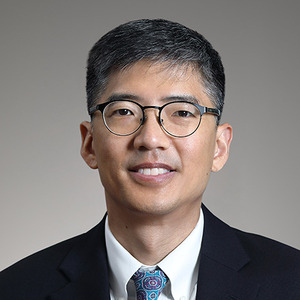
Michael F. Chiang
Power List Profile
Director, National Eye Institute, National Institutes of Health, Bethesda, MD, USA
What is a little-known fact about you?
As a young medical student, I wanted to become a neurosurgeon because I’d become interested in artificial neural networks. Because of that, I spent several years working in the Division of Neurosurgery Research at Massachusetts General Hospital in a lab that studied neural information processing … in the rabbit retina. This is how I learned about the visual system and decided to become an ophthalmologist. And working with an incredible mentor (Richard H. Masland) showed me what it meant to be a careful, rigorous scientist.
If you weren’t an ophthalmologist, what would you be doing instead?
An engineer. Most of the people in my family are engineers. I grew up surrounded by automotive engineers because my father worked for Ford Motor Company, and my undergraduate major was in electrical engineering.
In what ways do you think AI and machine learning will impact ophthalmology?
The practice of medicine involves both diagnosis and management. If AI/ML can become successful in assisting with real-world diagnosis (what conditions does the patient have?), then clinical practice may shift toward management (what should we do for the condition? Observation versus medical therapy versus surgery?). This will involve detailed communication, empathy, and shared decision-making between patients and clinicians based on risk-benefit tradeoffs, personal values, and so on. I am concerned that clinicians are losing these nuanced skills in an era of electronic health records (EHRs), copy-paste, and text templates – and I feel we will need to do more to cultivate those skills in the future.
